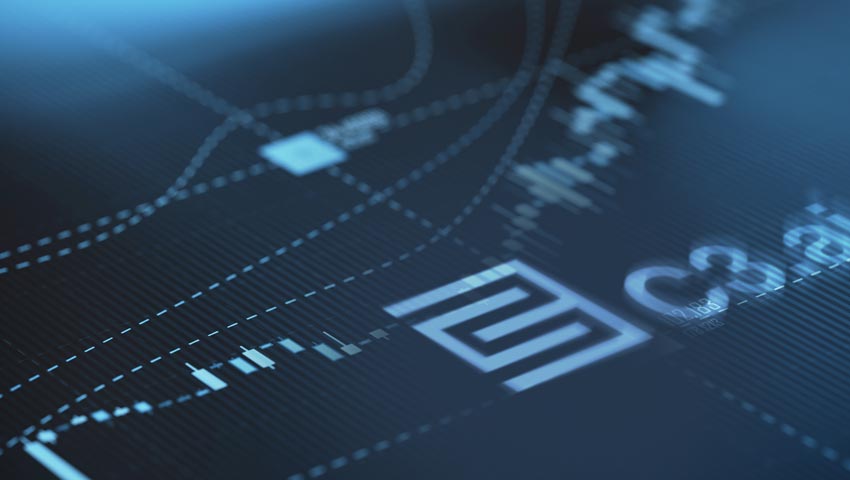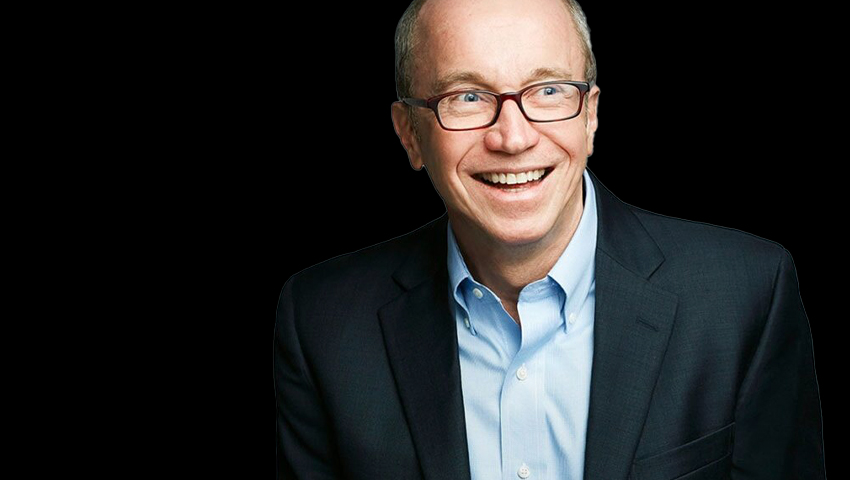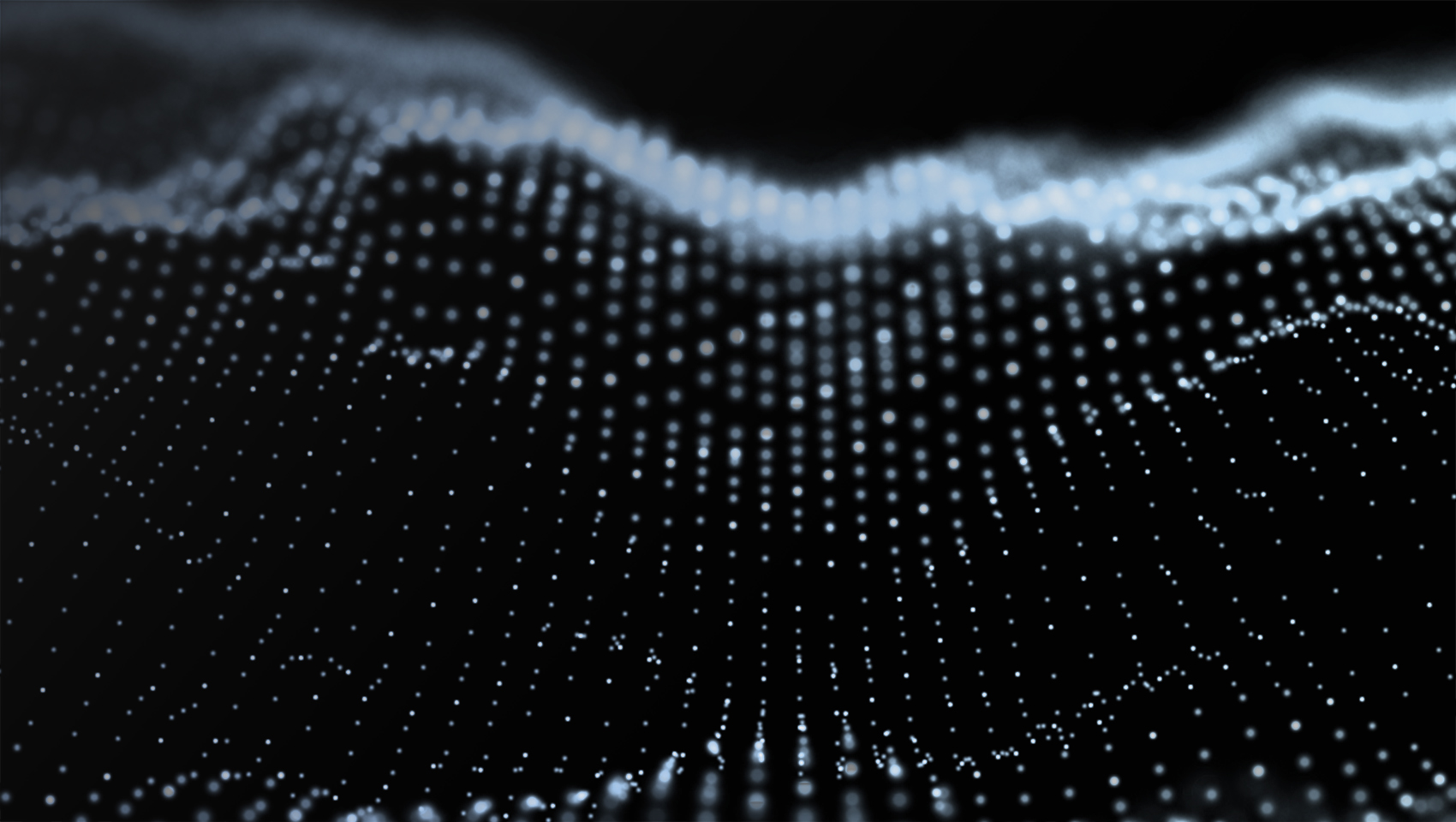C3.ai CEO Thomas M. Siebel emphasized the global impact of artificial intelligence on business and society at the 21st annual Milken Institute Global Conference‚ which unites leaders with the knowledge and resources needed to tackle the world’s greatest challenges.
In a session called “Artificial Intelligence: Beyond the Robot Singularity‚” hosted by Forbes publisher Rich Karlgaard‚ Siebel explained how substantial investments in AI and deep learning are transforming the way humans live‚ work‚ and do business.
Siebel said we’re witnessing the emergence of a new generation of companies with AI and IoT in their DNA – such as Uber‚ Airbnb‚ Facebook‚ and Amazon – that are completely disrupting industries. CEOs are realizing they need to adopt this new generation of technology‚ Siebel added. It’s an existential event.
The software market for AI and IoT is expected to be a quarter of a trillion-dollar opportunity by 2023‚ Siebel commented‚ making it the fastest growing software market in the history of the information technology business.
The emergence of elastic cloud compute‚ combined with AI on big data and IoT data sets‚ has catalyzed a new discipline‚ Siebel said. We have infinite computational storage capacity‚ essentially for free. The business of aggregating large data sets‚ processing them at unimaginable speeds‚ and then applying the sciences of machine learning and deep learning enables an entirely new field called predictive analytics‚ Siebel explained.
Asked about the potential risks and limitations of AI‚ Vanity Fair’s Nick Bilton commented that only Siebel provided a candid assessment about job loss‚ privacy implications‚ and cybersecurity issues that “are staggering and daunting and need to be dealt with.”
Voice of America’s Elizabeth Lee asked Siebel whether the technology revolution will help or harm society. Siebel said there are very serious concerns that need to be addressed‚ potentially via legislation and regulation‚ as it relates to the aggregation of data‚ including personal identifiable data‚ economic data‚ health history data‚ and human genomic data. Siebel said AI can also help the planet. Energy and power systems will be more environmentally efficient‚ he concluded.
Video courtesy of: Milken Institute Global Conference





